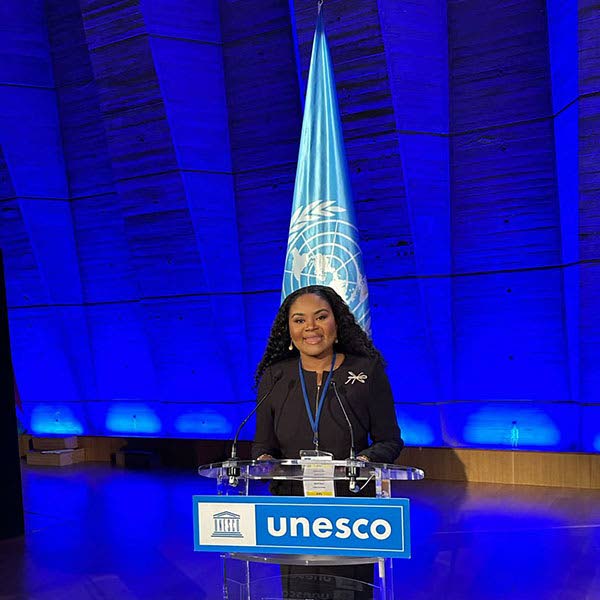Executive Committee
About our Executive Committee
The members of the Executive of the Trinidad and Tobago Olympic Committee include the President, Vice Presidents, and the Secretary General, the Treasurer, the Assistant Secretary General, three Executive members, two Trustees the Immediate Past President and an Honorary Executive member. The General Council of the Committee is composed of all the representatives of the sports affiliated to the TTOC. Each affiliate shall appoint one delegate and an alternative as its representatives on the Council.
The Annual General Meeting is held in the month of April, when the Secretary's Report on the activities of the Olympic Committee is presented. Also tabled at this meeting is the Audited Report of the Treasurer. The term of office of the Officers is for a period of four years. Officers are eligible for a further four year period. After eight years (two successive four-year terms) the Officers (with the exception of the post of Secretary General) are not eligible to contest the posts which they formerly held.
Executive Committee
|
President |
Immediate Past President |
|
|
Vice President |
Vice President |
Vice President |
|
Secretary General |
Assistant Secretary General |
|
|
Treasurer |
Trustee |
Trustee |
|
Executive Member |
Executive Member |
Executive Member |
Past Presidents
| Period | President |
|---|---|
| 2022-Present | Ms. Diane Henderson |
| 2013-2022 | Mr. Brian Lewis |
| 2005-2013 | Mr. Larry Romany |
| 1998-2005 | Mr. Douglas Camacho |
| 1989-1997 | Mr. Alexander B. Chapman HBM. (Life VP Commonwealth Games Federation) (Honorary Member) |
| 1981-1989 | Mr. Commodore Mervyn Williams |
| 1964-1981 | Mr. Knolly Henderson |
| 1962-1964 | Dr. Horace Gillette |
| 1953-1962 | Sir Courtenay Hannays |
| 1948-1952 | Mr. John Imrie |
| 1946-1948 | Sir Lennox O’Reilly |
Past Secretary Generals
| Period | President |
|---|---|
| 2013-Present | Mrs. Annette Knott |
| 2005-2013 | Mr. Brian Lewis |
| 1989-2005 | Mr. Elton Prescott |
| 1964-1989 | Mr. Alexander B. Chapman |
| 1962-1964 | Mr. Cecile Pouchet |
| 1946-1962 | Mr. Laurie Rogers |


